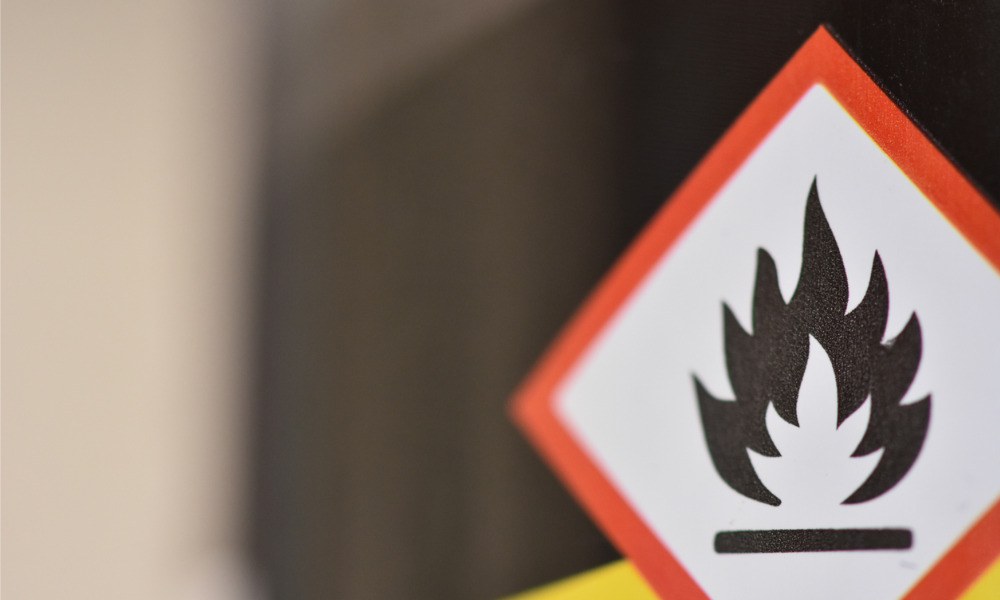‘Static electricity is invisible… it represents an extreme workplace hazard’

When dealing with flammable liquids, effective bonding and grounding systems are of utmost importance to keep workers safe, according to WorkSafeBC.
“Transporting, storing and handling flammable or combustible liquids without effective bonding and grounding systems in place can lead to explosion and fire,” it said.
The organization recently released a new video to inform workers and employers of the factors that can lead to injuries to workers in this type of situation.
In January, WorkSafeBC released a new guidebook to help employers prevent slips, trips and falls in the workplace. It also increased its presence at workplaces across British Columbia ahead of the spring break and St. Patrick’s Day.
In the new video, WorkSafeBC told the story of a driver who went through such an incident.
The driver was transferring gasoline from a tanker trailer to a tanker truck when the gasoline vapours ignited and exploded. The driver sustained fatal injuries, and a spark from static electricity likely caused the ignition, it said.
“Static electricity is invisible. Because there are no warning properties in a presence of a flammable atmosphere, it represents an extreme workplace hazard,” said WorkSafeBC.
WorkSafeBC noted the role of effective bonding and grounding in this. It further discussed how employers and workers can prevent similar incidents. The full video is available here.
Electrical utilities must incorporate portable generator safety messages into their communication with customers, especially in times of power outages, the Portable Generator Manufacturers’ Association (PGMA) said recently.





